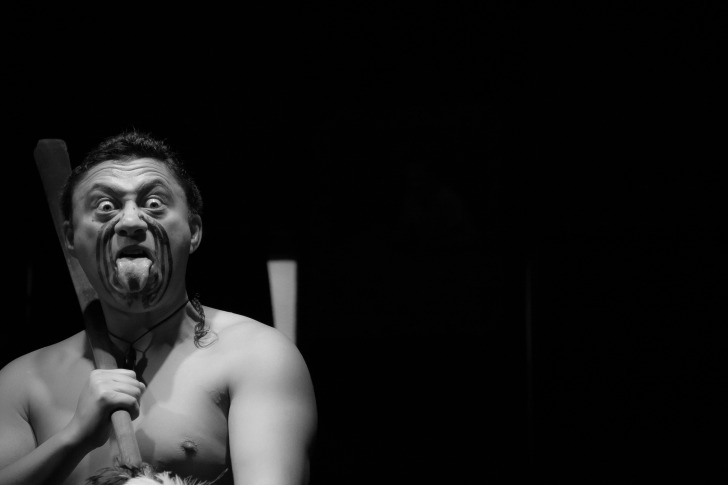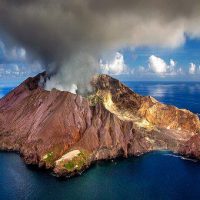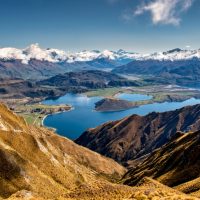How much do you know about the Maori language?
To us, the word Maori means those sophisticated tattoos on people’s faces and traditional dances that we could have seen on the Discovery channel only.
What is the Maori culture and what is so special about their language?
Welcome aboard!
Let’s discover together.
Contents
Maori Dialect
What do the words “the East Polynesian language” and “the Tahiti branch” tell you?
Perhaps, only linguists can guess what this is about.
Let’s do otherwise.
Imagine you are standing on the shore of an island, gazing into the distance and seeing hundreds of canoes approaching.
These are immigrants to New Zealand.
They carry with them not only their culture but also their language.
Many, many languages.
Thus was the development of the Maori language.
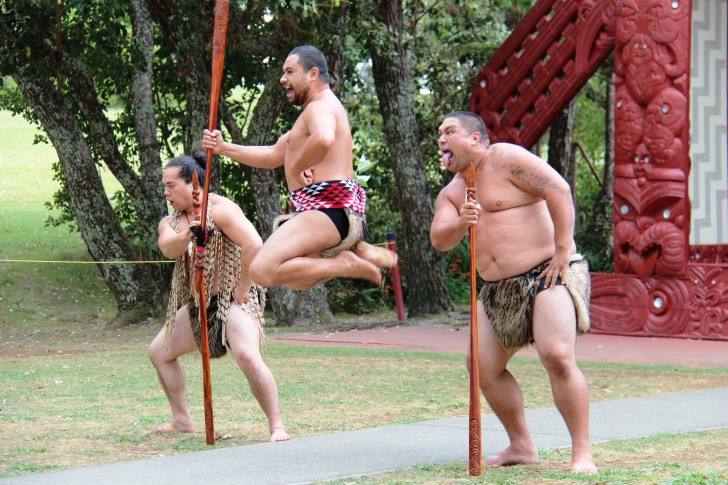
Spoken Language
Of course, there were too many languages and they were verbal.
No one wrote down words and sentences.
People used gestures, facial expressions; expressed their thoughts through objects, fingers, and ropes.
This is how language versions passed from generation to generation.
The first written mention of the Maori language is dated 1814.
Then began the formation of education.
What is Te Reo?
A little practice.
Look at yourself in the mirror and say ‘waka’, ‘kia ora’, ‘nau mai’, ‘ka pai’.
Easy?
Of course, there are no diphthongs, triphthongs, and all the letters are read and pronounced as they are written.
By the way, here’s the English translation for the words you read an instance ago: canoe, hello, welcome, good.
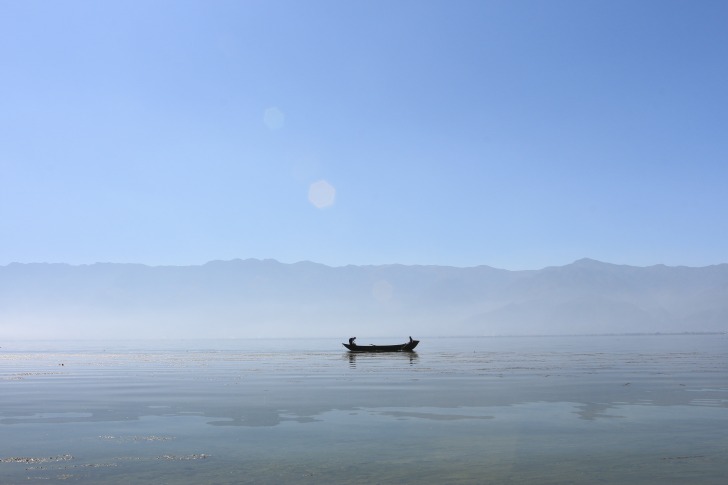
How to Pronounce It?
You tried to read the simplest words.
In fact, there are some pronunciation difficulties in Maori.
For example, there are a lot of consonants – more than in English.
Some consonants do not sound like English.
For example, “t” sounds more like “d”, and “ng” looks more like a final sound in the word “rang”.
As for the vowels, “a” is very deep as in the word “bar”, “e” is similar to this vowel sound in the word “fence”.
Besides, they have prolonged “i” and “u” sounds (like in “see” and “blue” respectively.)
Significant Macron
In fact, the French president has nothing to do with the Maori language.
His last name just sounds like a very important sign in the Maori language.
It’s such a small dash over the vowels that changes the sound.
And in many cases, it changes the meaning of the word.
Of course, this feature is similar to English.
As if you would say “bed” and “bad” – completely different.
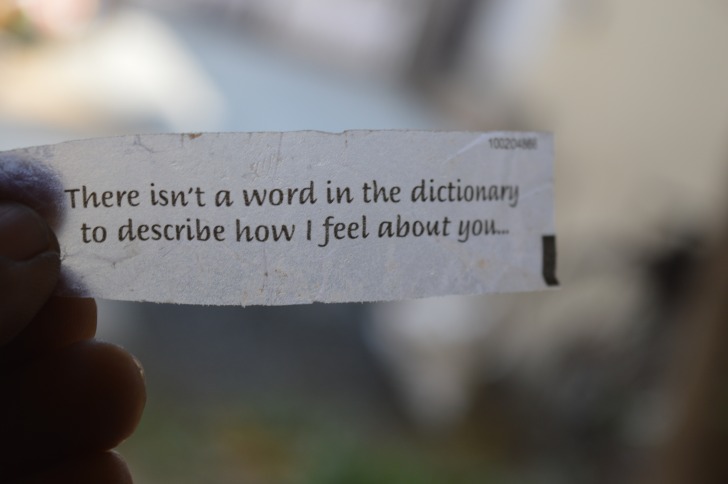
Secret Meanings of Words
Sometimes we do not have enough words to express our feelings.
And sometimes you just want to describe the whole situation in one word, good or not really.
So, Maori are happy people.
They have words that express whole concepts.
You probably know about Native American language, where one word could mean like “flying with a tilted wing” or something.
The same applies to Maori.
A Little More About Te Reo
The language of the indigenous peoples suffered a major blow and became even poorer when the country came to trouble.
War and industrialization forced young people to travel to big cities and learn New Zealand English to feed themselves and their families.
At some point, in the 80s of the 19th century, people realized that their language could become extinct and began to promote its study in every possible way.
Since then, they have been celebrating Maori language day and children have been taught this language from an early age.
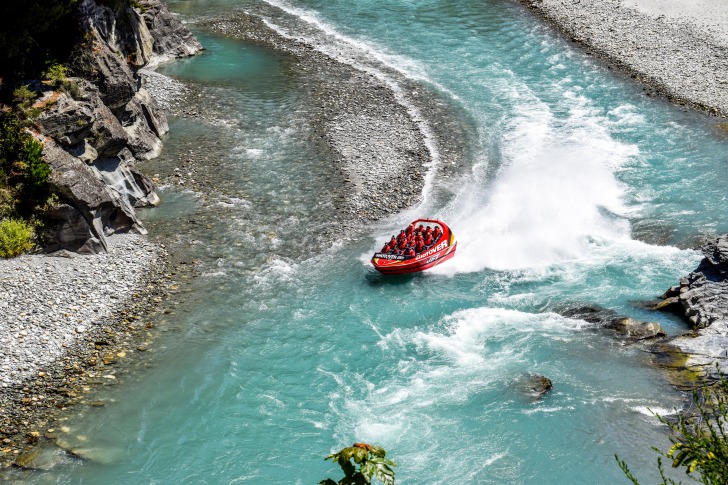
Official Language
In 1987 the Maori language was recognized as the official language of New Zealand at the same level as English and Sign Language.
Isn’t it great that language is reviving?
As much as 15% of New Zealand’s population speak it.
Even the Duchess of Sussex, Meghan Markle, addressed her audience in Te Reo, which greatly pleased the representatives of the country.
Yes, it’s always a pleasure to hear own language.
Willing to Practice Maori?
Especially for lovers and connoisseurs of Maori culture and language, New Zealand has special educational information tours.
These tours can take you to the northern part of the country, where you can get acquainted with the culture and practice the language.
In the south, book a hotel in Weimarama, Wairakei, or Taupo to meet Maori and explore the incredible landscapes of New Zealand.
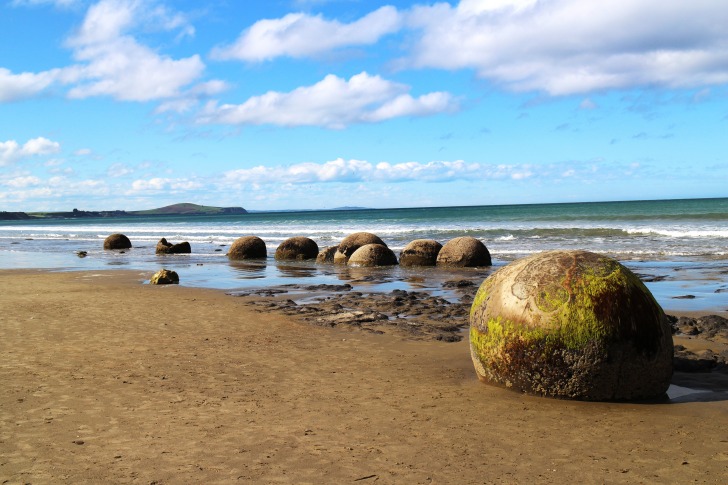
New Zealand Safety Overview
READ THE FULL REPORT: New Zealand Safety Review
Safety Index:
- OVERALL RISK: LOW
- TRANSPORT & TAXIS RISK: LOW
- PICKPOCKETS RISK: LOW
- NATURAL DISASTERS RISK: MEDIUM
- MUGGING RISK: LOW
- TERRORISM RISK: LOW
- SCAMS RISK: LOW
- WOMEN TRAVELERS RISK: LOW
